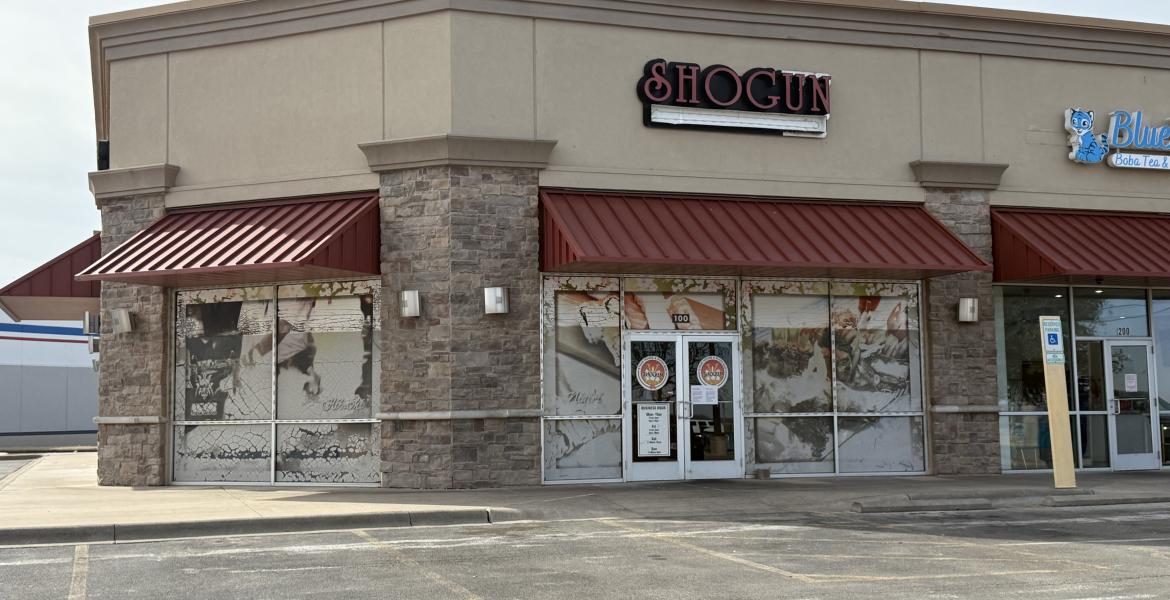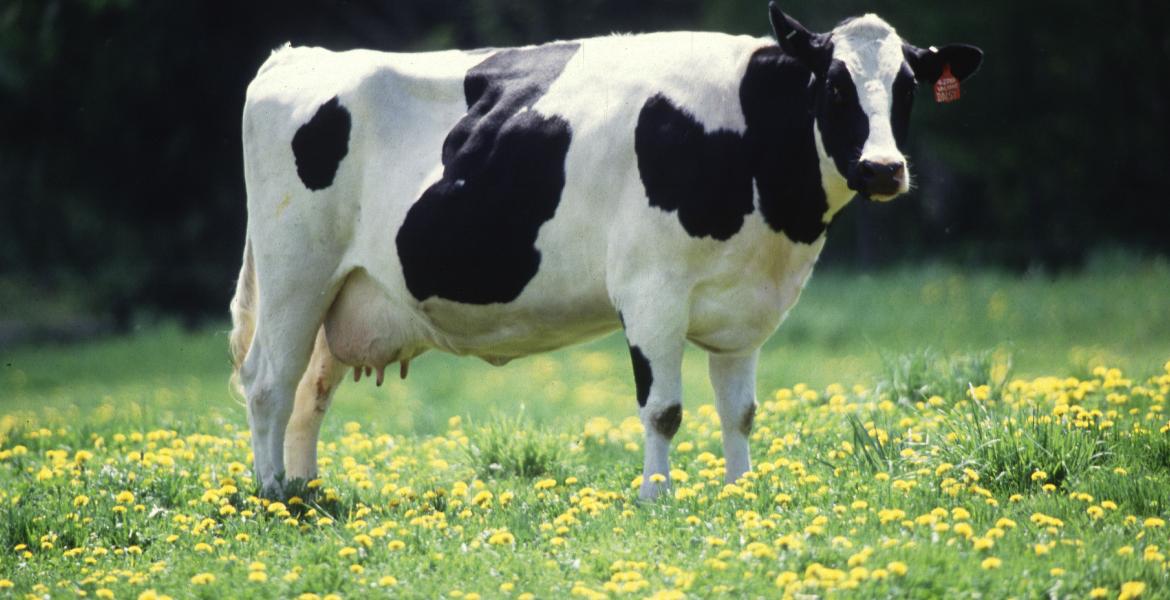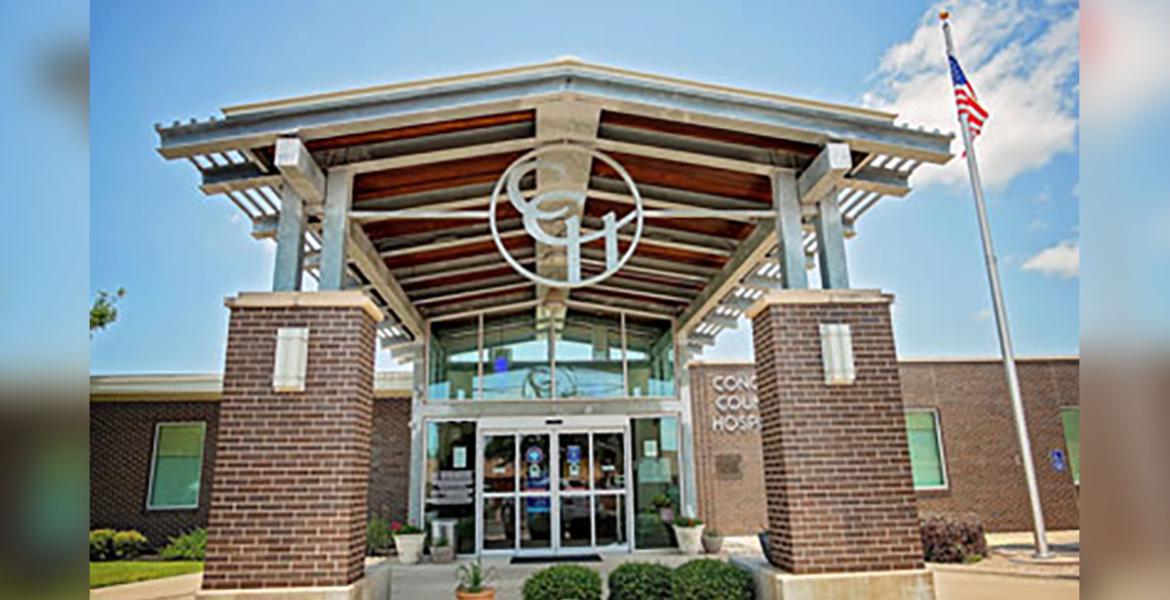AUSTIN – NFIB’s Small Business Optimism Index rose by 1.2 points in April to 89.7, marking the first increase of this year but the 28th consecutive month below the 50-year average of 98. Twenty-two percent of owners reported that inflation was their single most important problem in their business, down three points from March but still the number one problem for small business owners.
“Cost pressures remain the top issue for small business owners, including historically high levels of owners raising compensation to keep and attract employees,” said Bill Dunkelberg, NFIB Chief Economist. “Overall, small business owners remain historically very pessimistic as they continue to navigate these challenges. Owners are dealing with a rising level of uncertainty but will continue to do what they do best – serve their customers.”
Though state-specific data is unavailable, NFIB State Director Jeff Burdett said:
“This report underscores the importance of passing pro-small business legislation, both in Washington, D.C. and here in Austin. In Texas, lawmakers reined in property taxes and doubled the franchise tax exemption for small businesses. We need Congress to follow Texas’ example and make the Small Business 20% tax deduction permanent.”
CLICK HERE to view the full report. Key findings include:
- The net percent of owners who expect real sales to be higher rose six points from March to a net negative 12% (seasonally adjusted).
- A seasonally adjusted net 12% of owners reported planning to create new jobs in the next three months, up one point from March’s lowest level since May 2020.
- A net 26% (seasonally adjusted) of owners plan price hikes in April, down seven points and the lowest reading since April of last year.
- Forty percent (seasonally adjusted) of all owners reported job openings they could not fill in the current period, up three points from March, which was the lowest reading since January 2021.
- The net percent of owners raising average selling prices fell three points from March to a net 25% seasonally adjusted.
As reported in NFIB’s monthly jobs report, 56% of owners reported hiring or trying to hire in April, and of those hiring or trying to hire, 91% of owners reported few or no qualified applicants for the positions they were trying to fill.
Fifty-six percent of owners reported capital outlays in the last six months, unchanged from March. Of those making expenditures, 38% reported spending on new equipment, 24% acquired vehicles, and 16% improved or expanded facilities. Eleven percent spent money on new fixtures and furniture and 6% acquired new buildings or land for expansion. Twenty-two percent (seasonally adjusted) plan capital outlays in the next few months.
A net negative 13% of all owners (seasonally adjusted) reported higher nominal sales in the past three months. The net percent of owners expecting higher real sales volumes rose six points to a net negative 12% (seasonally adjusted).
The net percent of owners reporting inventory gains rose one point to a net negative 6%. Not seasonally adjusted, 12% reported increases in stocks and 17% reported reductions. A net negative 4% (seasonally adjusted) of owners viewed current inventory stocks as “too low” in April. A net negative 6% of owners plan inventory investment in the coming months.
The net percent of owners raising average selling prices fell three points from March to a net 25% seasonally adjusted. Twenty-two percent of owners reported that inflation was their single most important problem in operating their business, down three points from March.
Thirteen percent of owners reported lower average selling prices and 41% reported higher average prices. Price hikes were the most frequent in the finance (54% higher, 7% lower), retail (49% higher, 8% lower), construction (48% higher, 7% lower), manufacturing (40% higher, 7% lower), and wholesale (40% higher, 10% lower) sectors. Seasonally adjusted, a net 26% of owners plan price hikes in April.
Seasonally adjusted, a net 38% reported raising compensation in April. A net 21% (seasonally adjusted) of owners plan to raise compensation in the next three months, unchanged from March.
Eleven percent of owners cited labor costs as their top business problem, up one point from March and two points below the highest reading of 13% reached in December 2021. Nineteen percent said that labor quality was their top business problem, remaining behind inflation as the number one issue.
The frequency of reports of positive profit trends was a net negative 27% (seasonally adjusted), two points better than March but still a very poor reading. Among owners reporting lower profits, 33% blamed weaker sales, 14% blamed the rise in the cost of materials, 13% cited usual seasonal change, and 12% cited labor costs. For owners reporting higher profits, 43% credited sales volumes, 26% cited usual seasonal change, and 11% cited higher selling prices.
Three percent of owners reported that all their borrowing needs were not satisfied, up one point from March. Twenty-eight percent of owners reported all credit needs met and 60% said they were not interested in a loan. A net 8% reported their last loan was harder to get than in previous attempts.
Four percent of owners reported that financing was their top business problem in April. A net 21% of owners reported paying a higher rate on their most recent loan, up four points from March.
CLICK HERE to view the full report.
Subscribe to the LIVE! Daily
Required






Comments
Listed By: Rita Repulsa
Guys, Biden is just trying to make it easier to pay off fines and tickets incurred driving through small towns like Great Crack, Mazola, Entyvio, etc.. Wait until a bottle of soda is $1,200.00 before you pay that fine! ?
- Log in or register to post comments
PermalinkPost a comment to this article here: